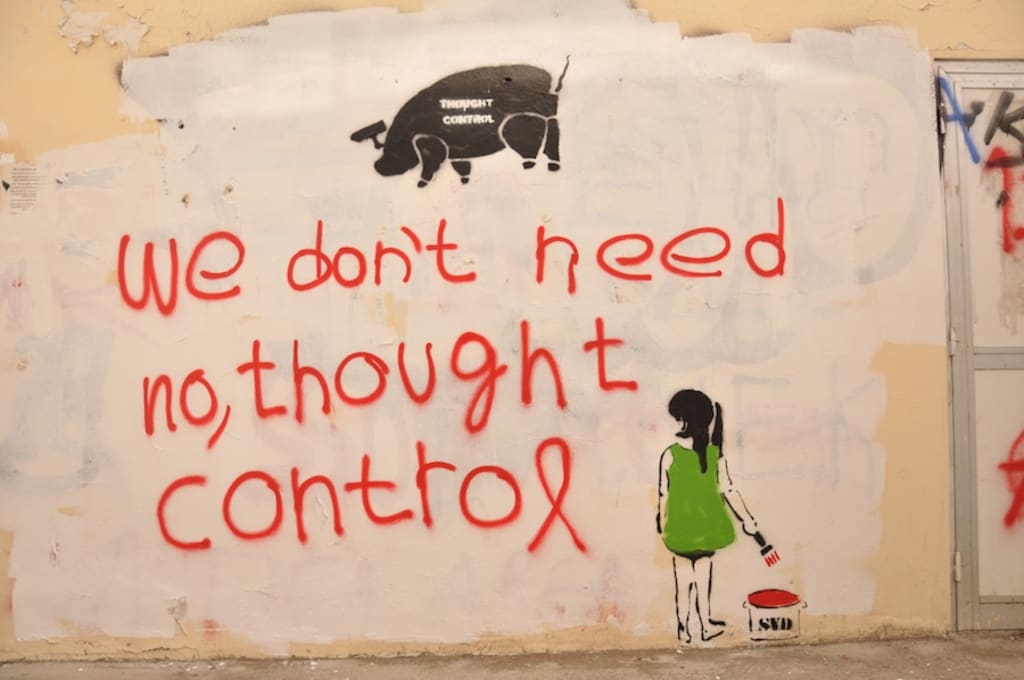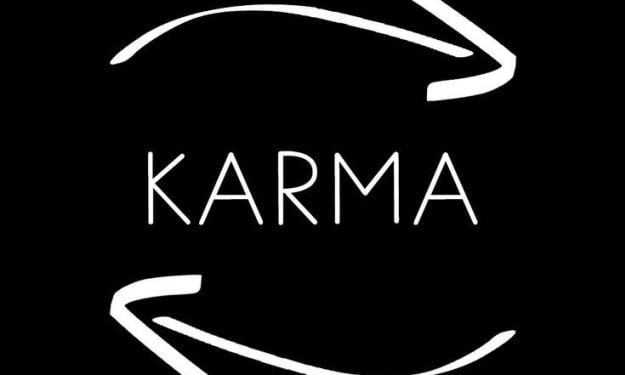
Has OCD become an adjective?
“I’m so OCD about cleaning my apartment these days,” a young mother exclaims to her friend in the supermarket.
“Being in uni makes me OCD about my study schedule,” agrees a student to her boyfriend in the coffee shop.
I walk past the children’s section in a clothing store. “OCD: Obsessive Cuddling Disorder” a t-shirt reads.
“They’re contaminating the children, they’re contaminating the children,” I repeat nine times in my head before anyone around me has the chance to hear my thoughts.
By definition, in the American Heritage Science Dictionary, Obsessive Compulsive Disorder (OCD) is “a psychiatric disorder characterized by the persistent intrusion of repetitive, unwanted thoughts which may be accompanied by compulsive actions.” It is not the rainbow order of your lipsticks, it is not the perfect apple slices to top your cereal; it is the counting of letters in a book, it is erasing a paragraph when you type one word wrong, it is the itch you cannot rid until you scratch to the bone.
Mental illness is the invisible illness that slowly creeps into your life through your thoughts until it hinders you physically. Behind bipolar disorder and drug dependence, OCD has the third highest percentage of seriously disabling cases. But to the silently suffering population, we don’t know that. As Alice*, an adolescent friend of mine describes it, “It’s like breathing. Like that’s how natural it is, performing a ritual feels like taking a breath”. My friend was diagnosed at age seven, myself at 17, but the early symptoms were definitely there. At a young age I remember having to save every piece of paper I used out of the fear of the sadness I would feel when I never saw it again. At age ten, if I saw a big word whilst reading, I would have to count the letters in it, and if I saw a word or quote I liked, I would have to fold the corner of the page. My passion for excessive reading ceased after that ritual. At age 11, I was bouncing on my friend’s trampoline when something told me if my index fingers were exposed to the air, they would set fire to whatever they were pointing at. That thought still evokes paranoia within me today, no matter how unrealistic. My fingers even have a bend in the bone from pointing them towards my palm for nearly seven years. Another friend, Jacob*, says “it’s like holding a gun to your own head and screaming 'DO IT' over and over.” Unfortunately, to that I can relate. Obsessions are the uncontrollable, intrusive thoughts, the voice telling you to complete the ritual; compulsions are the ritual, the reason the trigger would be pulled if you didn’t carry them out.
OCD causes extreme stress in daily life. On top of education, work, family, relationships, friends, and time for yourself, rituals can consume excessive amounts of time, depending on mood and existing time constraints. Those battling OCD often find it hardest to control or conceal their rituals in public. “I’m lucky”, says Alice, “I can do most of my compulsions in public without people thinking they’re too weird, but the ones I can’t, [in replacement] I either count/tap to four over and over or pinch the inside of my elbow.” Many people with mental illness spend the majority of time trying to hide it, while others, such as users of social media like Tumblr and Instagram, have begun seeing it as an obscure mental art form. “OCD is not cute, it’s not cool, it’s not something to tag onto your Instagram profile. They say we all have a little OCD, yet why the hell would you want it?” Jacob, a sufferer of the disorder for over two decades, asks. I would definitely rid of it in a heartbeat given the chance.
The disorder onsets typically before the age of 25, and more than often comes alongside other mental illnesses such as anxiety disorders, major depressive disorder and/or bipolar disorders. Approximately one in every 100 children worldwide has OCD. Knowledge of the disorder needs to be made more available, mental illness needs to be taught like sex education, because the struggle for those suffering during the most impressionable times of their lives is the biggest battle they will face in a lifetime. According to the World Health Organization, OCD in youths is more common in developed countries than developing countries. In the wise words of Alice, “Fight as hard as you can, because our disease doesn’t have to be our whole life.”
Personally, I have accepted OCD into my life, and count it as one of the quirks that make me a unique individual. “Is there an escape? Maybe. For me it’ll always be the little spider making webs in my skeleton. But if you manage to kill your spider, boy I have so much respect for you.”
OCD can be treated with medication and/or cognitive behavioural therapy directed by a psychologist, which essentially confronts the illness with a mental shotgun. I have experienced both, and am now able to increase focus on my life with a combination of medication and mindfulness. Call it what you want, but OCD is a noun that has destroyed, rebuilt, controlled, and sorted out my life.
*names have been changed
About the Creator
Dani Jade
I write to sort my life out...
N.Z.






Comments
There are no comments for this story
Be the first to respond and start the conversation.